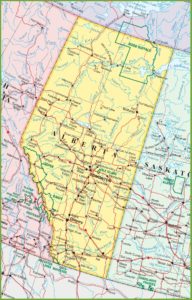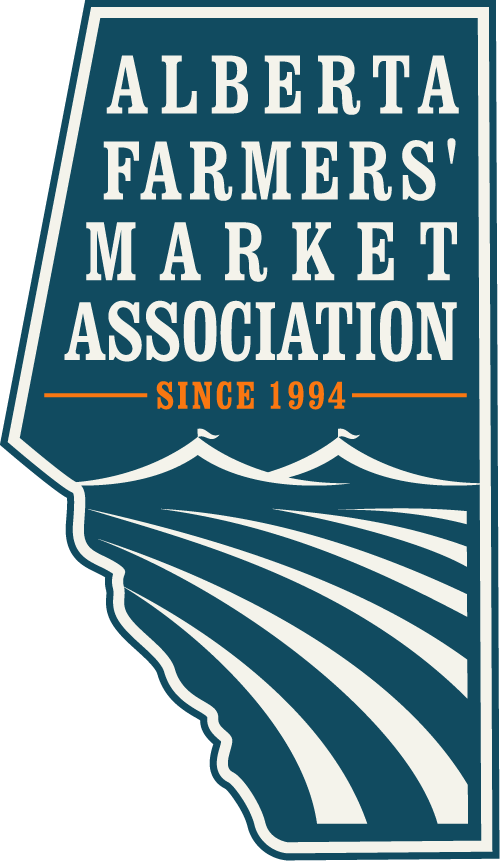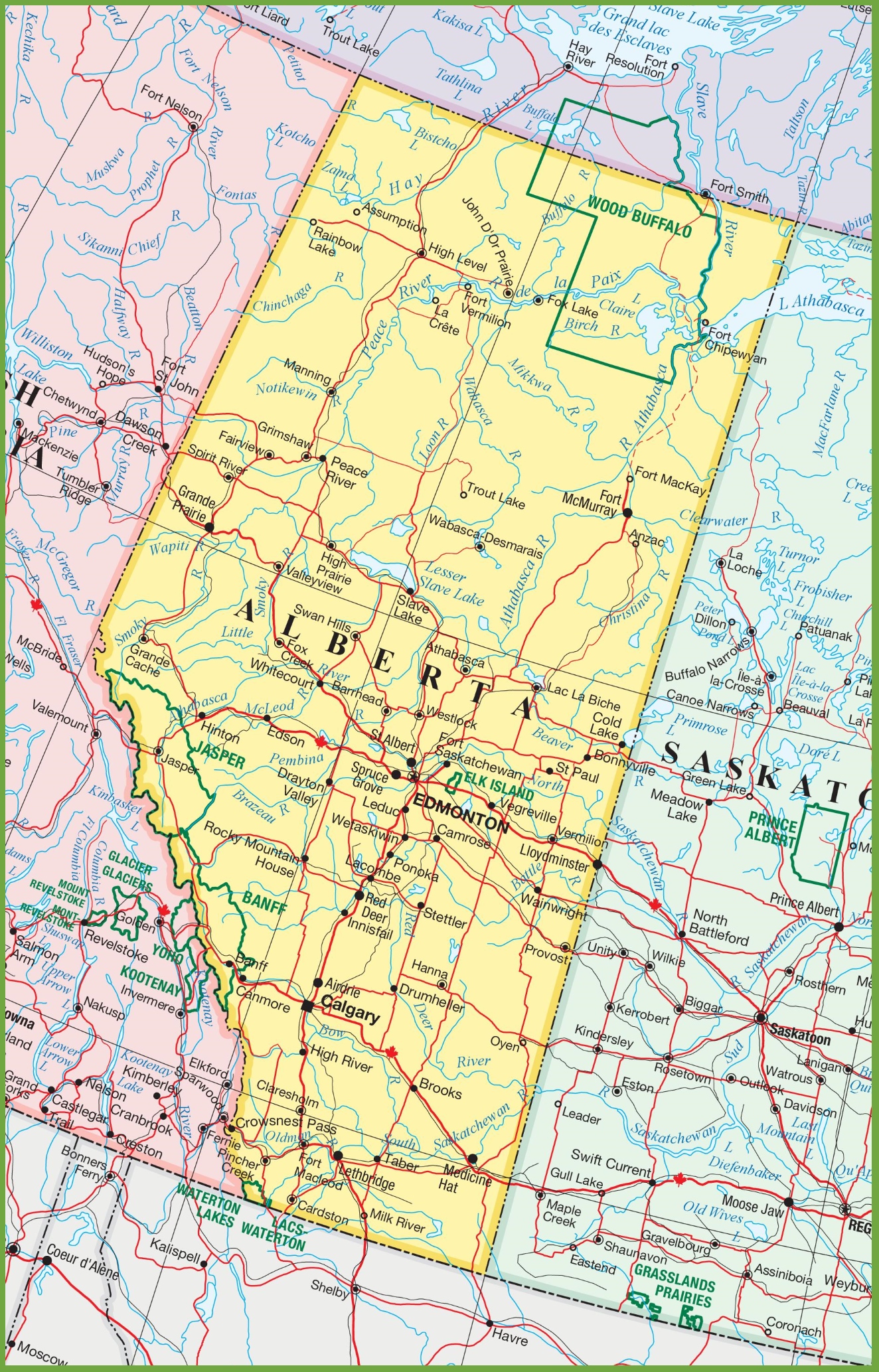 The word “local” is used often, maybe too often.
The word “local” is used often, maybe too often.
In the context of food, does local mean food that is produced in your own community or city? In your own province? Is food produced in another province in Canada (PEI mussels or BC cherries, as two examples) considered local when consumed in Alberta? With global food markets and trade and more food products coming to Canada from Europe and Asia, could local soon mean food produced in North America?
Local food generally means food produced nearby that has not travelled long distances to get to market or be consumed. What’s up for debate is how “nearby” and “long distances” are defined, and it might just depend on the product.
There is no standard, universal definition of “local”. As such, many businesses use the term to describe their products or ingredients, often gaining a marketing advantage.
After consulting with Albertans and the food industry, the Government of Alberta brought some clarity to the debate. Alberta defines “local food” as:
“food grown, made and/or harvested in Alberta and then marketed in Alberta.”
The Canadian Food Inspection Agency (CFIA) says local food is anything grown within the same province, or within 50km of its border.
We are fortunate in Alberta that in spite of our northern climate and 5+ months of winter, we grow, raise and produce a bounty of food. Corn, berries, meat, peppers, wheat and so much more are readily available at farmers’ markets, grocery stores and direct from the farm gate in all parts of our province. Everyone can agree these products are Albertan and very local.
For all of Alberta’s good food graces, there are many foods that can’t be produced or grown here, due to climate, our proximity to ocean waters, and our relative size – products like mussels or cherries. These products have to be brought in from other provinces, and because they are Canadian grown or made, many consider these products to be local too.
How will you and your family define what local food is to you?

